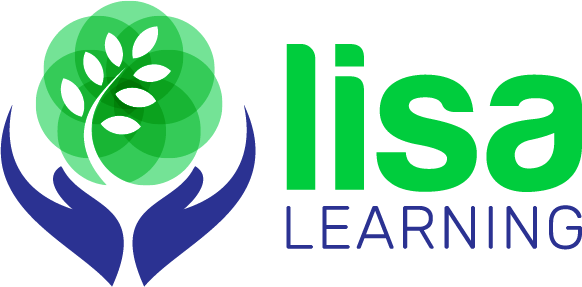Language Schools in Albania (LSIA)
A short historical overview since 1994
April 1994
The proposal to launch the English language school to teach Albanian natives was established between students and professors from Tirana University and with Philip H. Bell, of Australia. Funding was expected to be acquired from the UK through letters conveying the performance of students in Albania.
June 1994
The Language Schools in Albania (LSIA) was founded as a charity (Nr 37), hosting language experts and professors with tenures in local university programs, along with senior English students from the Faculty of Foreign Languages, Tirana University. The Dean of Faculty of Foreign Languages of Tirana University, Professor Hamlet Behzani, was elected as the first Chairman of LSIA.
August 1994
Attracting over 1000 sponsorship entities expressing their support, Barrister, Thomas Ballantine Dykes (TBD) was appointed secretary of the UK sponsorship committee to coordinate activities in the United Kingdom.
January 1995
The British sponsors registered as a charity by TBD, adopting the Albanian charity (LSIA) title and the distinctive emblem for letter headings registered by the LSIA.
April 1996
Over the year, LSIA observed a decline in incoming grants, curriculum supplies, and funding from the UK. During this time, Mr. Bell went on to pursue other interests while his assistant Mr. Genci Muçaj became LSIA’s Executive Director.
January 1997
The onset of ‘97 marked the last transfer of UK funds to LSIA headquarters. As a result, additional staff in England were sought to secure fresh funding and resources.
Feb - July 1997
LSIA closed all its schools due to a lack of funds granted from the UK. During Aug. and Sept., instructors worked without salary, and a fee of £3 per month was asked of students who could afford it, to cover their supplies. This challenge demonstrated the Albanian team could support LSIA without assistance from abroad over what became the span of 3 years.
March 1998
LSIA’s British Chapter, initially registered by TBD, changed its organizational name to the British Albanian Educational Trust (BAET) while keeping the original LSIA emblem that originated in Albania.
July 1999
Following intensive research and improvements to its bylaws, LSIA earned itself the designation of becoming the first Albanian charity organization to be validated by Britain’s Charities Aid Foundation (CAF) to receive tax-refundable grants from Britain (subject to statute).
June 2000
BAET was revived, and soon after, during a meeting in Birmingham between Director Muçaj, Reg Pointer, Garry Chattaway, and Colin Smith, the UK Strategic Committee was formed to support LSIA. They agreed to lead a group of unpaid volunteers from the ranks of previous donors in support of LSIA.
August 2000
LSIA became the first organization to be licensed by the Ministry of Science and Education of Albania under the protocol (Nr. 227), which established that LSIA-issued certificates would be recognized throughout Albania and the Balkans.
May 2001
Through LSIA’s UK Strategic Committee, LSIA partnered with Nottingham Police Aid Convoy NPAC to deliver five tons of invaluable educational training materials to the LSIA headquarters in Tirana. Donations were the collective effort of hundreds of people across the United Kingdom who entrusted LSIA with the distribution of this aid to communities in need throughout Albania.
September 2001
A strategic partnership with the United States Peace Corps was established, opening the door to several passionate volunteers who taught English at LSIA chapters in Berat, Korca, Lushnje, Tirana, and numerous other locations.
January 2002
May 2002
September 2003
Earlier in the year, new LSIA regional schools were inaugurated in Fier, Korça, and Fushë-Krujë. Charters in the city of Puke, a locality near Shkodra in the North, and Bilisht, bordering Greece, were established subsequently after.
September 2004
The first LSIA branch outside of Albania was launched in the neighboring country of North Macedonia; the first language nonprofit registered in the nation by a native Albanian entrepreneur.
December 2005
The number of LSIA schools increased to 18 branches, retaining over 3,500 students per year. This year saw LSIA’s highest attendance and retention in the history of its service, an achievement that distinguished itself in the private education policy community of Albania.
October 2006
LSIA partnered with several national and international peer schools and organizations, including Hilderstone College, Anglican School in English, Share One Language (SOL) based in the UK, and People to People International (PTPI) located in the US.
April 2007
January 2008
April 2008
June 2009
November 2010
September 2011
October 2012
December 2013
November 2014
September 2015
October 2016
September 2017
January 2018
March 2019
March 2020
September 2020
